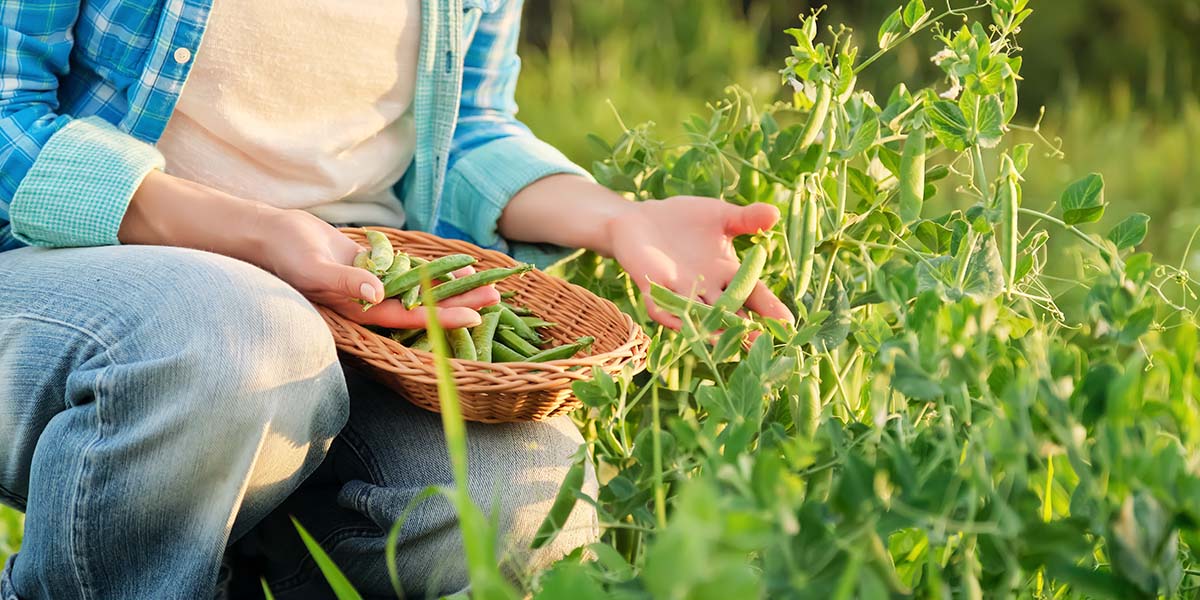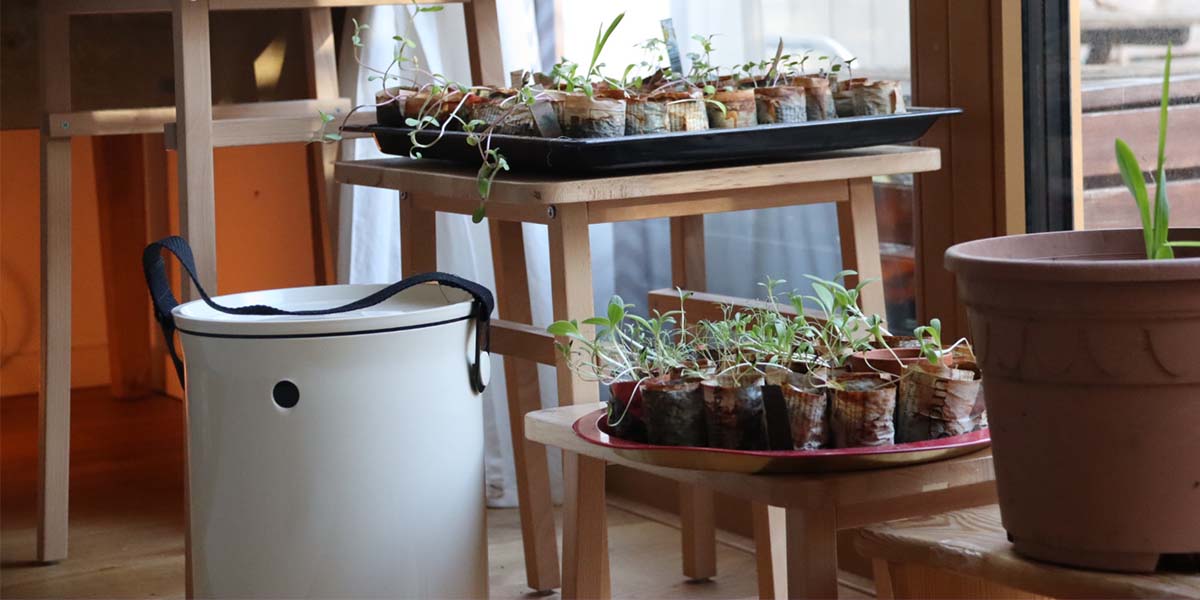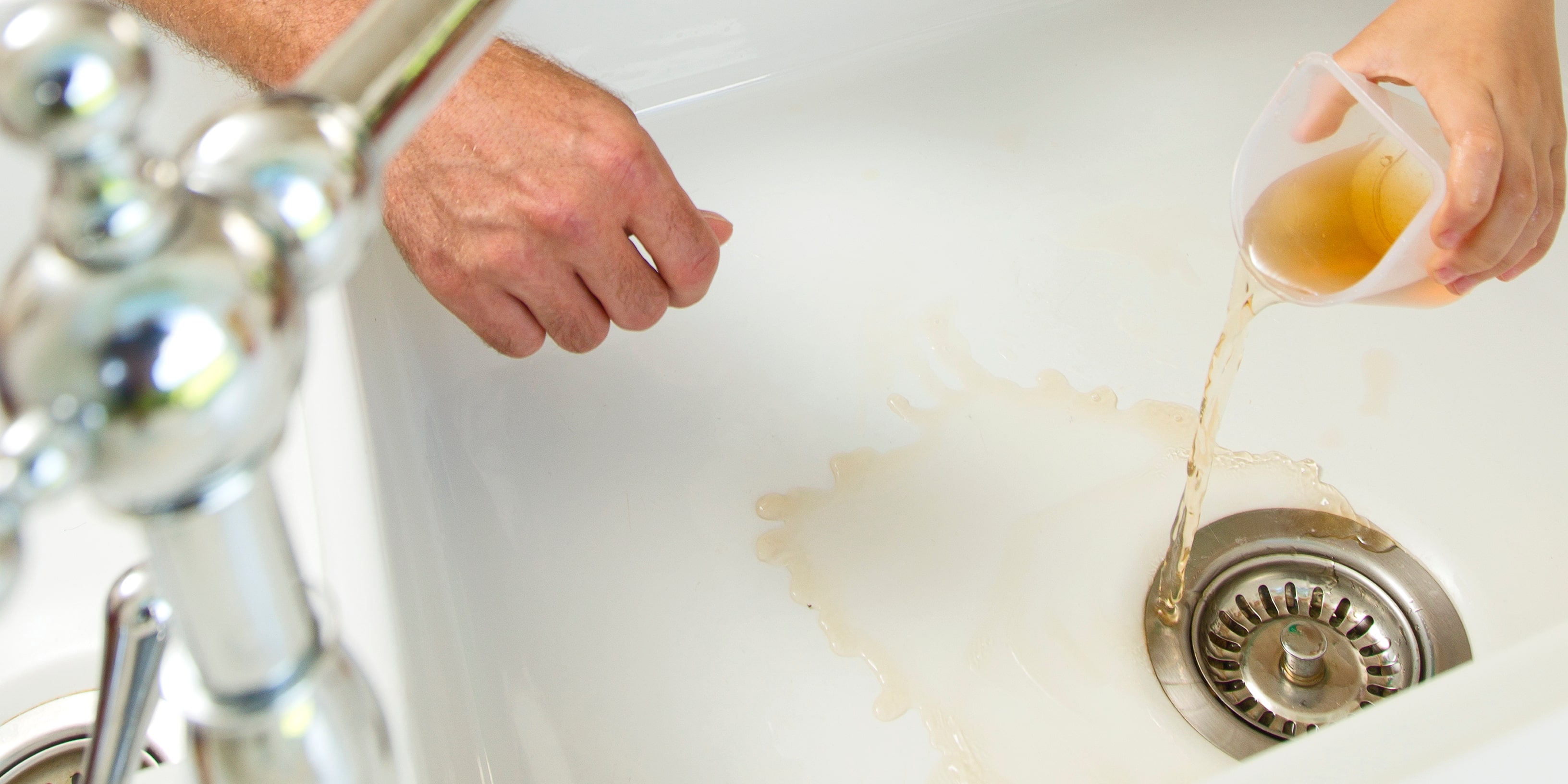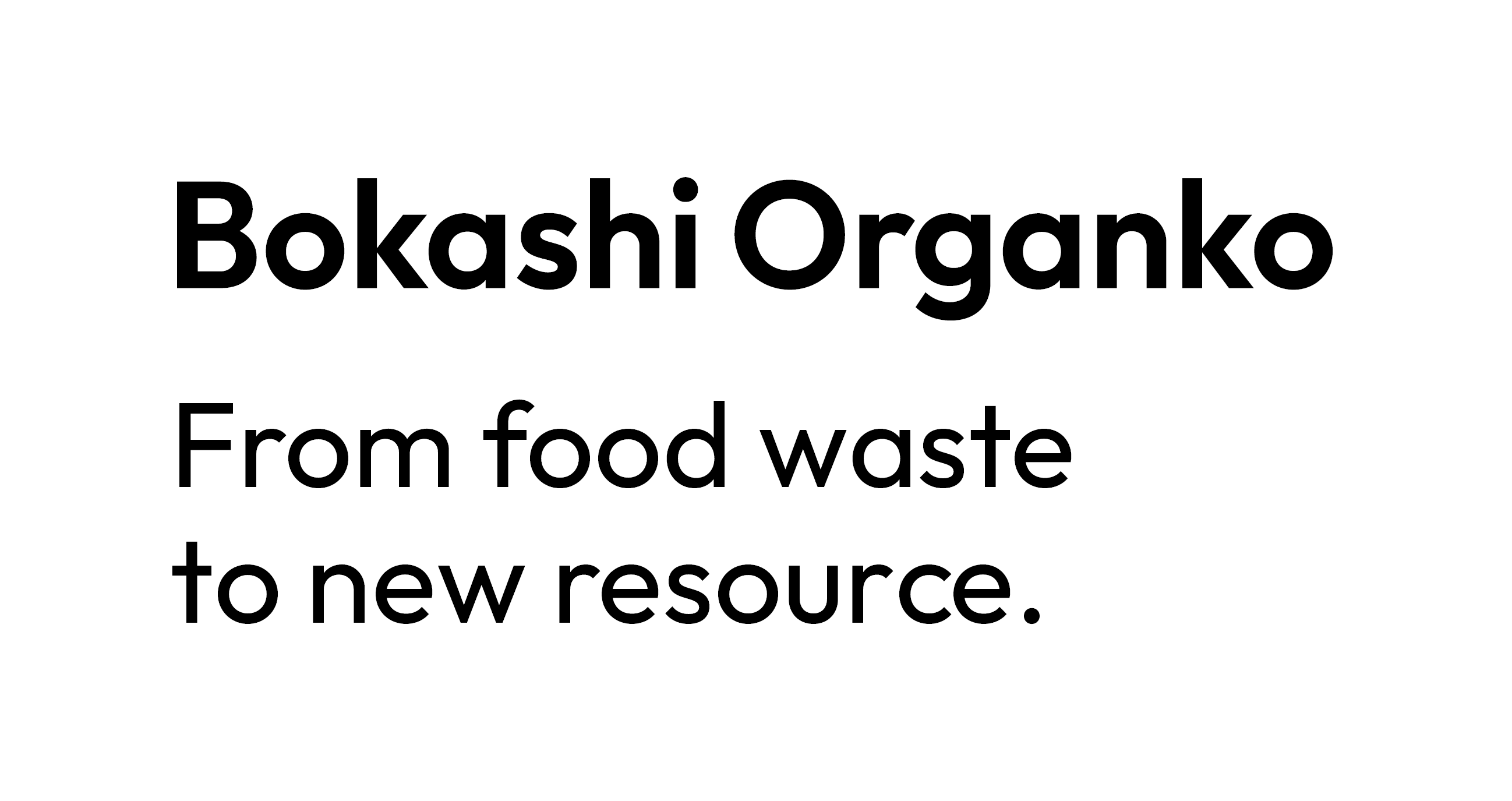The notion of a zero waste lifestyle can seem very overwhelming. Making a move to zero-waste requires dedication and making numerous changes to your daily habits and lifestyle. However, you don't have to jump in with both feet straight away. Guest blog by: Ellen Klein from Sleep Junkie.
While things like solar panels and gray water systems are great, they are not feasible for everyone. These 10 tips to make your home sustainable are beginner-friendly and won't break the bank. The best time to start taking steps towards a sustainable home is now!
Guide to sustainable living for beginners

1. Choose Energy Star appliances
When you need to replace a household appliance, make sure you buy something with the Energy Star logo. Energy Star appliances are certified by the U.S. Department of Energy to use between 10-50% less energy than regular appliances.
This doesn't mean you should throw out appliances that still work, as this creates needless waste. But if your fridge or toaster breaks and you need to replace it, look out for that logo!
2. Switch to energy efficient lightbulbs
Not only do energy-efficient light bulbs use way less electricity, but they also last longer and use fewer toxic metals.
Gone are the days when the only energy-efficient options created a harsh blue light. Most supermarkets these days stock a wide range of energy-efficient lightbulbs. This switch is ideal for sustainable living for beginners as it's as simple as a trip to the grocery store!
3. Cut back on the A/C
If you live in a very hot or cold climate, it's probably not possible to forego the A/C entirely. But there are many ways to minimize it. Before automatically reaching for the A/C remote, think about whether you can stave off the need by putting on a sweater or using a fan.
Things like thick curtains, triple-glazed windows and insulation can also improve your home's energy efficiency. Don't go to extremes if you need the heating or cooling. Set your A/C so that it has to do as little work as possible. Don't crank it all the way up or all the way down. Rather, stay within the current temperature range and find a comfortable compromise that won't use too much energy.
4. Minimize water heater use
Water heaters are another big energy drain. You can cut back on this simply by setting your water heater to a lower temperature.
If you think about it, it doesn't make much sense to have scalding water in the shower that you then mix with cold water to reach a comfortable temperature. Another option for sustainable living for beginners is to set a timer so that your water heater is only on for a couple of hours a day.
5. Make your own cleaning products
Most cleaning products that you buy from the store are full of toxic chemicals that end up in the sea. These chemicals are also not great for you and your family.
The good news is you can make eco-friendly cleaning products that work just as well with items you most likely already have in the pantry. For example, a simple mixture of water, vinegar, baking soda, and lemon juice can clean most surfaces and even get out tough stains. And, if you have an organic compost bin, the bokashi liquid is a great natural zero-waste non-chemical drain cleaner.
6. Reuse gray water
Water is necessary for all life, and with more regions experiencing water scarcity, it's set to become a precious resource in the years to come. Sure, you can install a greywater system to maximize your water recycling. But when learning about sustainable living for beginners, you don't need high technology or a construction team to start using gray water!
Stick a large bucket or tub in the shower or bathtub so that it catches most of the water when you take a shower. You can then pour this gray water into your toilet cistern and use it to water your plants.
7. Plant a veggie garden
The more food you can grow yourself, the less you are contributing to the CO2 emissions involved in producing and transporting food and all the plastic packaging. Of course, how much food you can grow depends on your space. If you can't grow much yourself, make sure you buy local, seasonal veggies from businesses that focus on ongoing green. This minimizes transportation as well as the extra energy used to produce veggies out of season. Plus, seasonal produce always tastes better!
8. Compost
You might assume that food waste breaks down quickly, but the organic matter needs oxygen to decompose. Because landfills are not aerated, organic waste does not break down normally but rather goes through a process called anaerobic decomposition. This releases large quantities of methane, a harmful greenhouse gas.
 The good news is that you can compost, even if you don't have a garden. The Bokashi Organko Composter reduces your organic waste by 25%, is easy to use, and is suitable for apartments.
The good news is that you can compost, even if you don't have a garden. The Bokashi Organko Composter reduces your organic waste by 25%, is easy to use, and is suitable for apartments.
9. Make more plant-based dinners
From the emission of methane gas to the quantities of water required for animal grazing and many other factors, animal products are much more harmful to the environment than those made from plants.
If going vegan is a bridge too far, start by increasing the number of plant-based meals you make at dinner time. These days, there are so many delicious plant-based recipes online and products available, decreasing your animal product consumption has never been easier.
10. Ditch the throwaway mindset
Everything was meticulously kept and reused in our grandparents' time, from glass jars to old clothes for cleaning rags and chicken bones for broth. Making a sustainable home is less about a checklist of behaviors and more about a mindset.
Instead of reaching for the paper towels, use old rags for cleaning. Reuse packaging as storage containers. If something is broken, see if it can be fixed before replacing it. As soon as you start these small behaviors, you will notice that you begin to see objects differently and you think twice before throwing things in the trash. Little by little, we can reverse the buy-and-throw-away mentality to one of care, frugality, and sustainability.
 Sustainable living for beginners just requires a few adjustments to your zero waste lifestyle and mindset. Take the first step at home and you'll set the wheels in motion for more eco-friendly future choices.
Sustainable living for beginners just requires a few adjustments to your zero waste lifestyle and mindset. Take the first step at home and you'll set the wheels in motion for more eco-friendly future choices.
Guest-blogging by: Ellen Klein (Sleep Junkie)


